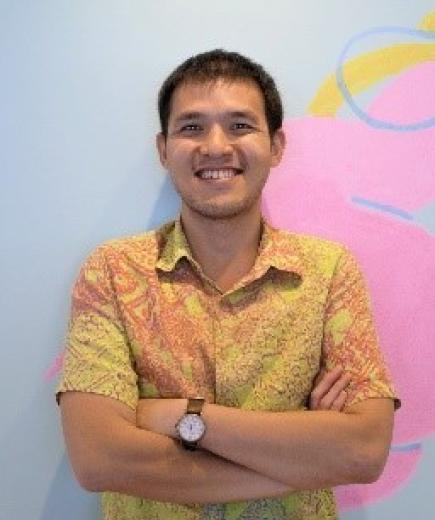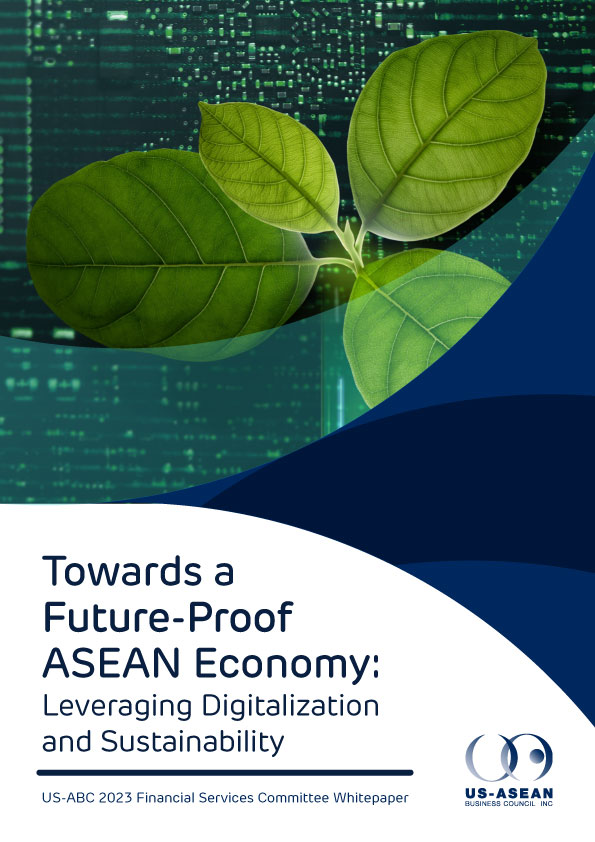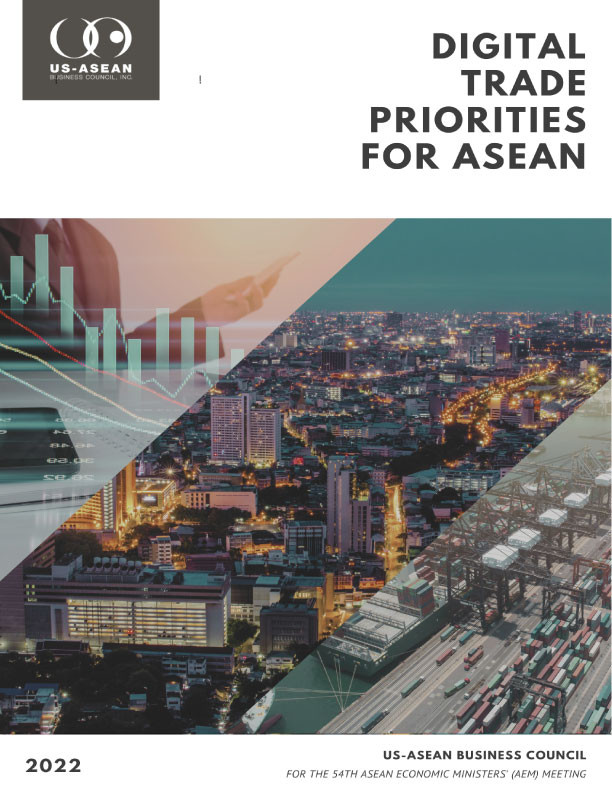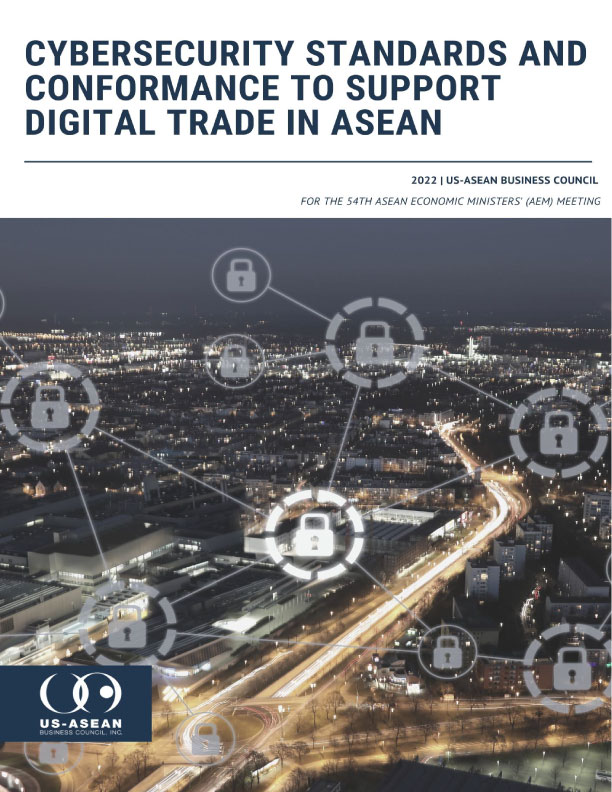Singapore Aims to Position Itself as a Global AI Leader

During the inaugural Singapore Conference on AI for the Global Good, Deputy Prime Minister and Minister for Finance Lawrence Wong announced Singapore has updated its National AI Strategy. DPM Wong noted the pace of AI developments, particularly generative AI, has been much more rapid than Singapore initially anticipated, leading to the adoption of a new AI strategy.
Aiming to position Singapore as a global leader in AI governance and implementation, the National AI Strategy 2.0 (NAIS 2.0) builds upon Singapore’s initial AI strategy, increasing the scale and scope of Singapore’s AI-related ambitions over the next three to five years. NAIS 2.0 delineates 15 actions to foster AI activity, human capital, and infrastructure and environment to develop Singapore’s strategic excellence in AI and empower greater AI adoption. This includes tripling Singapore’s AI workforce to 15,000 as well as establishing AI Centers of Excellence to enable greater levels of AI research and development. During the Budget 2024 speech, DPM Wong announced that Singapore will invest S$1 billion (US$740 million) over the next five years to support these efforts.
To support ambitions outlined under NAIS 2.0, Singapore also announced the launch of the National Multimodal LLM Programme (NMLP) by the Infocomm Media Development Authority (IMDA), AI Singapore (AISG), and the Agency for Science, Technology, and Research (A*STAR). This two-year S$70 million (US$52 million) initiative seeks to develop a base model capable of understanding the region’s unique linguistic characteristics, making it the first regional LLM ecosystem in Southeast Asia. NMLP will be built upon AISG’s Southeast Asian Languages in One Network (SEA-LION) model, an open-sourced LLM that has been trained on a dataset of 11 key languages, namely Burmese, Chinese, English, Filipino, Indonesian, Khmer, Lao, Malay, Tamil, Thai, and Vietnamese.
At the annual World Economic Forum meeting on January 16 in Davos, Switzerland, the Minister for Communications and Information also launched the public consultation exercise for Singapore’s updated Model AI Governance Framework for Generative AI. It will expand upon Singapore’s existing Model AI Governance Framework published in 2019, making it one of the first governance frameworks to focus specifically on generative AI. The consultation exercise is ongoing till March 15, 2024, and US-ABC will be submitting a letter to the Government on behalf of members.










